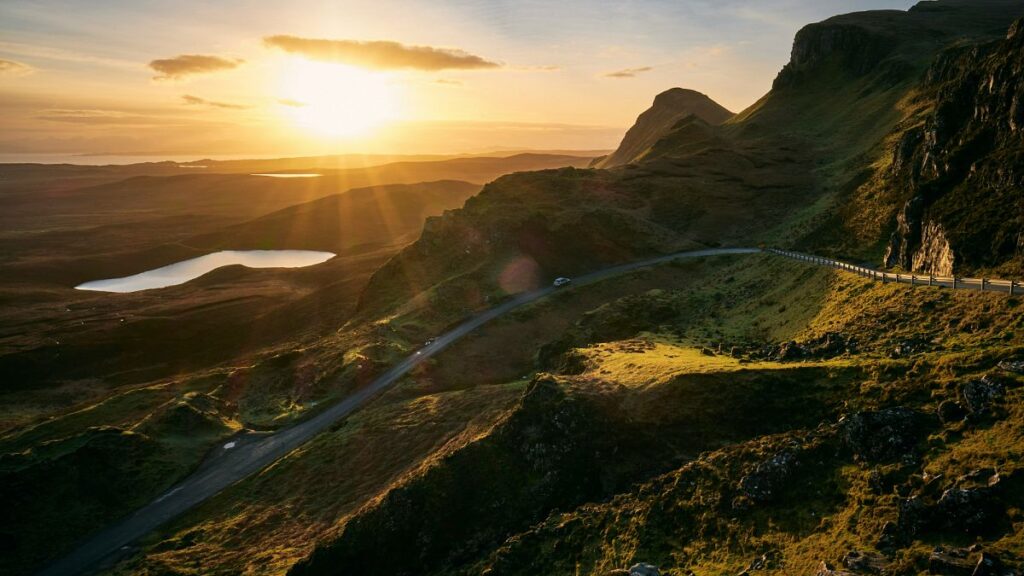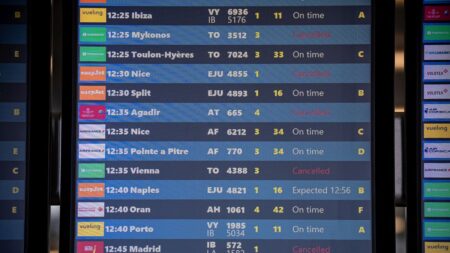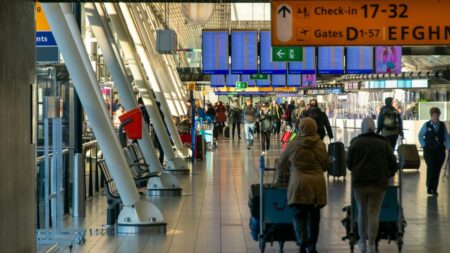Around 3,000 visitors have added their signatures to a new pledge calling for more responsible tourism along the route of one of Scotland’s most famous road trips.
The NC500 is roughly 830 kilometres long, a round route beginning and ending in the city of Inverness and weaving through some of the Highlands’ most suggestive landscapes.
The pledge, set up by the North Coast 500 Ltd company last October, was designed to encourage responsible and environmentally conscious tourism throughout the Scottish Highlands.
It hopes to address the complex challenges that tourism brings to local communities, especially along the popular coastal route.
A pledge for responsible tourism in the Scottish Highlands
The pledge covers several key commitments visitors are asked to embrace during their Highland experience.
These include responsible waste management through proper disposal methods, using only designated parking facilities for both daytime visits and overnight stays, and supporting the local economy by choosing regional businesses over chain alternatives.
Additionally, tourists are encouraged to follow Scotland‘s Outdoor Access Code, maintain appropriate noise levels to respect local residents, and observe all traffic regulations, including speed limits and road signage.
Driving behaviour receives particular emphasis, with visitors urged to exercise caution and courtesy, especially when navigating the challenging single-track roads that characterise much of the NC500 route.
It comes after ongoing concerns about road safety and traffic management in the region due to the tourists making the famous journey.
Visitors take part in ‘extra mile’ tasks
Almost all the signatories of the pledge have also participated in ‘extra mile’ tasks.
So far, 13 per cent have taken part in beach cleans, 12 per cent donated to local food banks or charities, 91 per cent bought from local businesses, and 83 per cent shared responsible tourism advice either in person or on social media.
The pledge was developed through consultation with both residents and business owners along the route. Guidelines were created that address real community concerns while remaining practical for visitors to follow.
David Richardson, development manager for North Coast 500 Ltd, emphasised the positive response from tourists, noting their genuine desire to contribute positively to the destination.
“It’s been really encouraging to see just how many people want to do the right thing. The pledge isn’t about rules or restrictions – it’s about giving people the opportunity to understand the place they’re visiting and how they can help look after it,” he said.
“The pledge helps to start those conversations and encourage more conscious choices, which is a step in the right direction for everyone.”
The pledge is supported by a digital platform providing educational resources to help visitors understand how to explore the Highlands responsibly. It is part of the broader goal of fostering informed decision-making among tourists.
While the North Coast 500 route, established over ten years ago, has brought significant economic benefits to regional businesses, it has also seen growing concerns among Highland residents about traffic safety and antisocial behaviour.
The visitor pledge represents an attempt to preserve the route’s economic advantages while mitigating its negative impacts on local communities.
Read the full article here

















